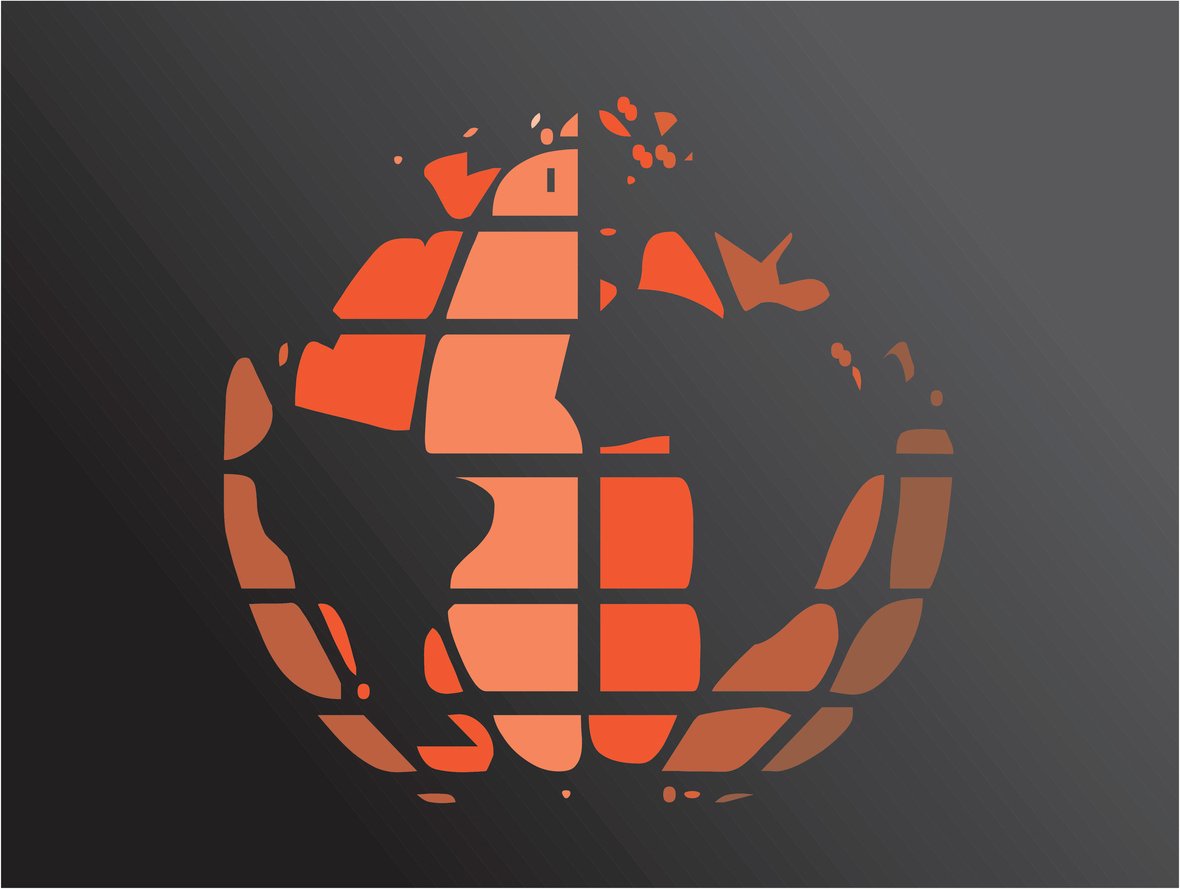 world globe
world globe
Business leaders around the world are feeling pessimistic. That’s not shocking, given the uncertainty permeating the global economy—but what may previously have been a gut feeling is now borne out by research from Dun & Bradstreet. To compile its latest “Global Business Optimism Insights” report, D&B surveyed close to 10,000 business leaders across 32 countries about their expectations for Q3/2025. This research revealed the lowest level of optimism for the upcoming quarter since 2023.
Prior iterations of the forward-looking survey found a 12.9 percent drop in optimism leading into Q1/2025 and a modest 1.3 percent drop going into Q2. The latest survey, conducted in May and June of this year, found a further 6.5 percent decline in optimism about the third quarter.
Recommended For You
“Geopolitical instability in the Middle East, persistent trade frictions, and concerns about slowing global demand have contributed to a significant shift in business risk appetite among survey respondents,” says Neeraj Sahai, president of Dun & Bradstreet International. “With global conditions remaining unsettled, many businesses are re-evaluating their investment priorities and reinforcing resilience strategies to navigate ongoing uncertainty.”
The report reveals that more than half (54%) of business leaders expect trade tensions to either intensify or remain unchanged in Q3, while 46 percent expect de-escalation. Manufacturers of discretionary-spending goods—such as textiles (-17.0%), electricals (-15.0%), metals (-12.7%), and automotives (-9.7%)—are among the businesses reporting the largest declines in optimism with respect to their operating margins.
Optimism levels also declined for the third quarter in D&B’s Global Supply Chain Continuity Index. That measure has fallen 18.6 percent so far this year. Going into Q3, more than half of survey respondents located outside the United States said they are actively seeking alternative international markets, with the European Union (23%) and parts of Asia outside the Chinese mainland (15%) as their preferred markets for growth.
It’s also worth noting that D&B’s Global Business Investment Confidence Index fell 13.1 percent in the same study. Uncertainty around global trade, supply chains, and geopolitics are dominating capital expenditure (capex) decisions for companies around the world. Organizations are both delaying capex investments and deleveraging their balance sheets in preparation for long-term disruptions in global trade. The proportion of survey respondents expecting to raise long-term funds fell from 70 percent going into Q2/2025 to 55.4 percent for this quarter.
“In response to this uncertain environment, businesses should look to accelerate strategic shifts in their supply chains,” suggests Arun Singh, global chief economist at Dun & Bradstreet. “Trade frictions, tariff risks, and regulatory volatility are reinforcing the case for ‘friendshoring,’ nearshoring, and multi-sourcing as essential risk-mitigation strategies.
“At the same time,” he adds, “businesses are reassessing credit exposure and working capital cycles, with rising payment delays and tighter liquidity underscoring the need for stricter financial management. Agility, underpinned by real-time data and insights into capital structure, payment behavior, and supplier dependencies, will be essential for navigating the volatility ahead.”
© Touchpoint Markets, All Rights Reserved. Request academic re-use from www.copyright.com. All other uses, submit a request to [email protected]. For more inforrmation visit Asset & Logo Licensing.



